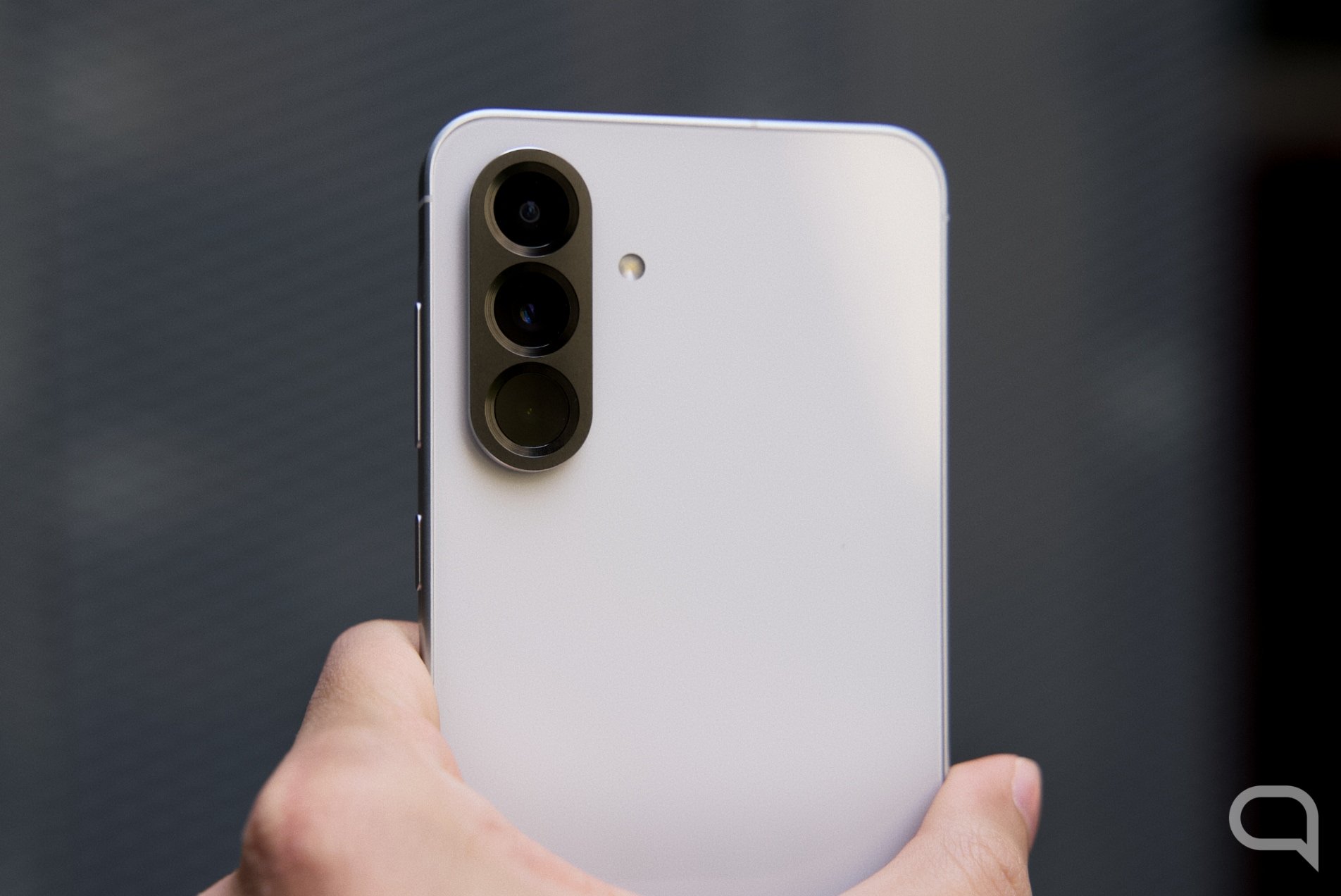eyeAge’s “clock of aging” can track the course of aging with 71% accuracy in less than a year, marking visible changes in the eyes of treated patients.
Google researchers trained and tuned the eyeAge model using the EyePACS dataset of over 100,000 patients and applied it to patients of more than 64,000 patients from UK Biobank.
Kenneth Wilson, a postdoctoral fellow at the Buck Institute, confirmed some of the genes identified in the analysis that showed links between diet, eye health and longevity in Drosophila. Wilson identified about 30 genes associated with visual impairment, diabetes, hearing loss, Alzheimer’s disease, cardiovascular disease and stroke from patient samples.
News cannot be equated with a doctor’s prescription. Consult an expert before making a decision.
Source: Ferra
I am a professional journalist and content creator with extensive experience writing for news websites. I currently work as an author at Gadget Onus, where I specialize in covering hot news topics. My written pieces have been published on some of the biggest media outlets around the world, including The Guardian and BBC News.










